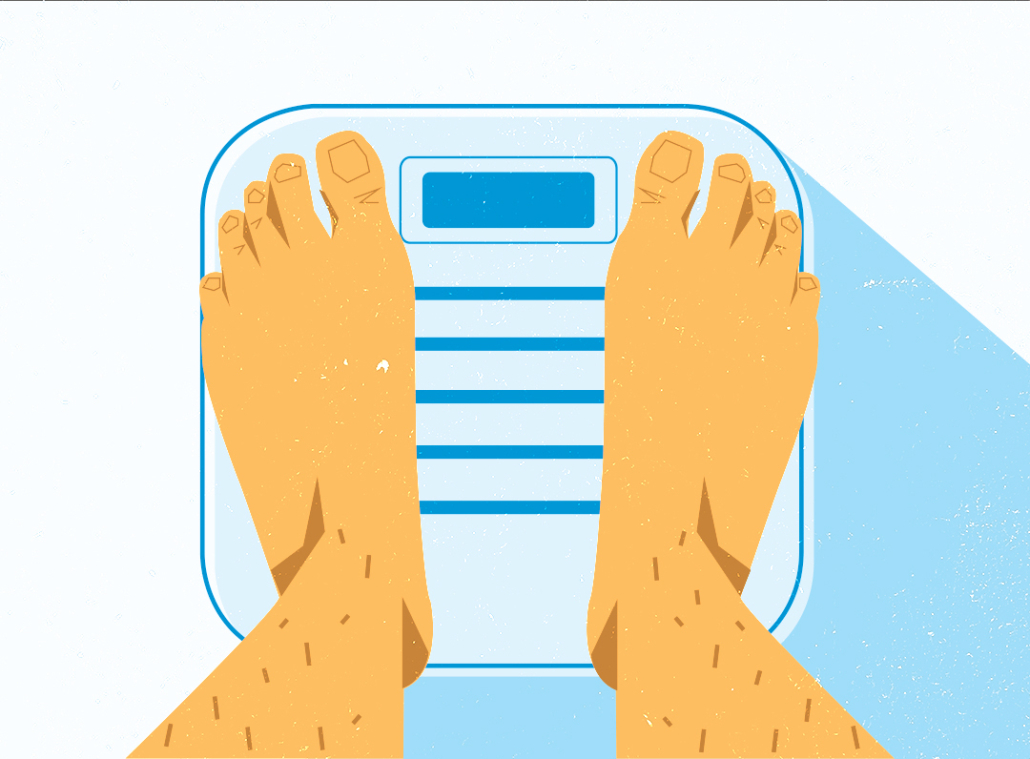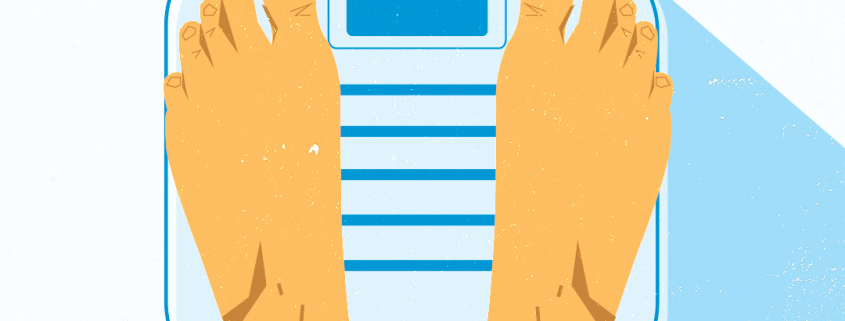Being a gym bro does not mean “health”

They strut the streets of campus in their ribbed muscle tanks accompanied by their infamous protein shakes. They dominate the dining halls, scouting out the plethora of protein to measure their meal to the precise macros. They live in the gym and can almost always be spotted blasting Kanye by the bench rack. If you’re lucky, you might even witness their somewhat discreet selfies where they flex their abs to their followers. They are elusive and they are everywhere. They are the infamous “gym bro.”
The typical gym bro’s holy temple is in the gym — prioritizing their exercise and fitness with the aspiration to achieve a lean and muscular physique, but their efforts extend beyond their time spent lifting weights. Their dedication to their “dream body” is ubiquitous, and for the most part, unattainable.
But we often praise the aesthetic of the gym bro. They are worshiped around campus. The treadmills idolize them. We commend their resilience and strength to restrict. They are intimidating, tough, and unbreakable. They thrive.
But they’re deprived.
While it is essential to prioritize your physical health, these fabled gym bros fail to recognize their mental health. Bigorexia is a mental health disorder that triggers a fixation on the size of your body, primarily in teen men. This forms muscle dysmorphia and can ultimately instigate the development of eating disorders.
Disordered eating patterns are often overlooked in men — especially those who seem to be the image of health as they hit the gym on a schedule more consistent than that of my sleep. Whether it is cutting calories to restrict food intake and appear leaner, or bulking by adding protein to gain more muscle, the restriction surrounding food appears to be extreme when looking at “gym bro” culture.
There is an ongoing misconception within society that eating disorders only affect women. According to the National Eating Disorders Association, one in three people with an eating disorder is male. The association also found that subclinical eating disorder behaviors do not differ between men and women, but a willingness to seek treatment does. This reinstates stigmatized and gendered perception of these serious illnesses. They are normalized in today’s culture and leave victims unwilling to seek help.
The rise of social media only amplifies the spread of toxic gym culture. Inspirational fitness accounts perpetuate the unrealistic body and often provide false information on obtaining a healthy lifestyle. It bestows new insecurities and obsessions through fitness challenges and body checks.
Students should not have to walk into the dining hall after class and read the labels of each calorie at the pasta bar. Students should not have to read the pinned poster on the vending machine that reads “CALORIES COUNT: CHECK THEN CHOOSE” when leaving their dorm in the morning. Students should not be working out in fear of gaining the “freshman 15.” We live in a weight-obsessed society that fails to recognize the hardships of diet culture. We need to do a better job of listening to our peers, of educating students about the dangers of these serious disorders and of catching early behaviors and providing helpful resources. Unrealistic body image issues persist in our society, and while we all know them by their dignity and strength, some of our bros are suffering in silence.

